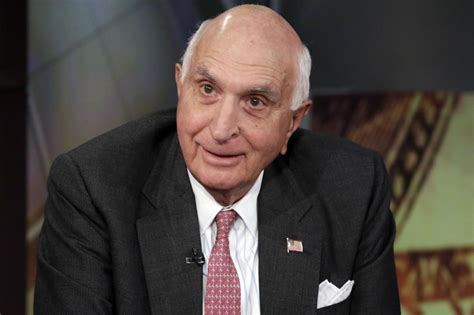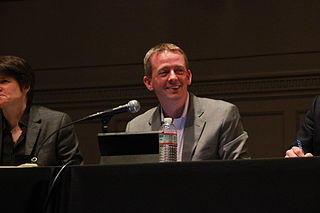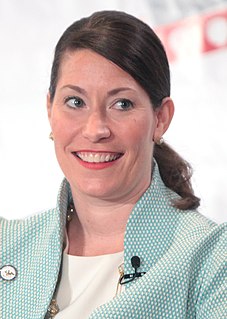A Quote by Michael Pollan
Those externalized costs have always included labor. It is only the decline over time of the minimum wage in real dollars that's made the fast food industry possible, along with feedlot agriculture, pharmaceuticals on the farm, pesticides and regulatory forbearance. All these things are part of the answer to the question: Why is that crap so cheap? Our food is dishonestly priced. One of the ways in which it's dishonestly priced is the fact that people are not paid a living wage to process it, to serve it, to grow it, to slaughter it.
Quote Topics
Agriculture
Along
Always
Answer
Cheap
Costs
Crap
Decline
Dollars
Fact
Farm
Fast
Fast Food
Food
Food Industry
Forbearance
Grow
Included
Industry
Labor
Living
Living Wage
Made
Minimum
Minimum Wage
Only
Our
Over
Paid
Part
People
Pesticides
Possible
Process
Question
Real
Regulatory
Serve
Slaughter
Things
Those
Time
Wage
Ways
Which
Why
Related Quotes
We need to realize that these industrial methods of farming have gotten us used to cheap food. The corollary of cheap food is low wages. What we need to do in an era when the price of food is going up is pay better wages. A living wage is an absolutely integral part of a modern food system, because you can't expect people to eat properly and eat in a sustainable way if you pay them nothing. In fact, it's cheap food that subsidized the exploitation of American workers for a very long time, and that's always been an aim of cheap food.
To a very great extent, it's the fast-food industry that really industrialized our agriculture - that drove the system to one variety of chicken grown very quickly in confinement, to the feedlot system for beef, to giant monocultures to grow potatoes. All of those thing flow from the desire of fast-food companies for a perfectly consistent product.
Fast food may appear to be cheap food and, in the literal sense it often is, but that is because huge social and environmental costs are being excluded from the calculations. Any analysis of the real cost would have to look at such things as the rise in food-borne illnesses, the advent of new pathogens, antibiotic resistance from the overuse of drugs in animal feed, extensive water pollution from intensive agricultural systems and many other factors. These costs are not reflected in the price of fast food.
Unfortunately, the real minimum wage is always zero, regardless of the laws, and that is the wage that many workers receive in the wake of the creation or escalation of a government-mandated minimum wage, because they lose their jobs or fail to find jobs when they enter the labor force. Making it illegal to pay less than a given amount does not make a worker’s productivity worth that amount—and, if it is not, that worker is unlikely to be employed.
Since it is to the advantage of the wage-payer to pay as little as possible, even well-paid labor will have no more than what is regarded in a particular society as the reasonable level of subsistence. The lower ranks of labor will commonly have less, and if public relief were afforded even up to the wage-level of the lowest ranks of labor, that relief would compete in the labor market; check or dry up the supply of wage-labor. It would tend to render the performance of work by the wage-earner redundant.
[A] family with two kids that earns the minimum wage still lives below the poverty line. That's wrong. That's why, since the last time this Congress raised the minimum wage, 19 states have chosen to bump theirs even higher. Tonight, let's declare that in the wealthiest nation on Earth, no one who works full-time should have to live in poverty, and raise the federal minimum wage to $9 an hour.
I was on the committee that helped raise the minimum wage here in Seattle. I introduced a statewide bill to raise the minimum wage in Washington state my first year in the state senate, and I really believe that raising the federal minimum wage, while not the answer to everything, addresses a lot of the issues at the very bottom.
Minimum wage laws tragically generate unemployment, especially so among the poorest and least skilled or educated workers... Because a minimum wage, of course, does not guarantee any worker's employment; it only prohibits, by force of law, anyone from being hired at the wage which would pay his employer to hire him.




































